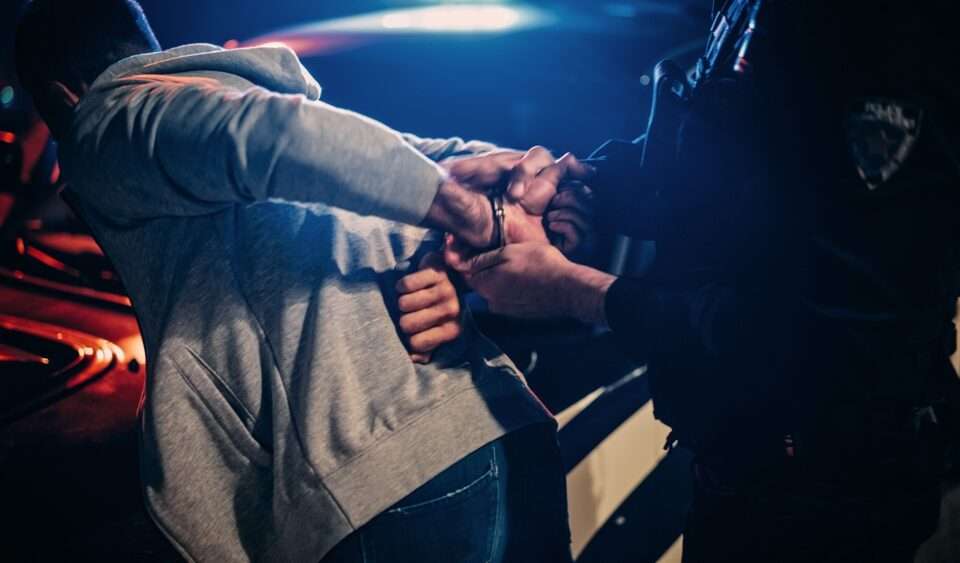Addiction and divorce can often go hand in hand, but just because you got sober doesn’t mean your relationship is perfect.
Unfortunately, divorces can happen for several reasons. Sometimes there are serious problems, and other times you simply grow apart.
No matter what spurs it, ending a marriage can be painful and emotionally taxing. For some people, this event can trigger a downward spiral, which is why going through divorce in recovery can come with added challenges. Especially for those people who underwent mental health treatment as well and whose addictions are tied to their emotions, divorce could be dangerous for their sobriety.
How to Deal with a Divorce in Recovery
Because divorce can be an emotional rollercoaster, it may trigger relapse for some recovering addicts. To avoid falling back into addiction, follow these tips for staying sober during a divorce and keeping your sobriety in check.Learn About Divorce
This might seem silly, but knowing what to expect with your divorce can help you better handle it. There are different types of divorces, and you should get an idea of what route you want to take. There are also plenty of changes that come with a divorce that you may not be aware of. If you neglect to take matters as they come, you could become more easily overwhelmed and it can be tempting to turn back to drugs or alcohol for help.Find Support
Divorce may leave you feeling lonely. While a rehab alumni program can connect you with other people in recovery, you want to make sure you find support specifically for your divorce as well. There are divorce support groups out there or, if you are hesitant about a group, reach out to a friend who went through divorce. If you can find the support of those who know what you are going through, it will be easier to handle your divorce in recovery.Be Proactive
Because divorce can be a trying time and your sobriety may be at risk, take the extra effort to be active in your recovery journey. Attend more recovery meetings than normal, reach out to your sponsor more, and practice the therapies for substance abuse you learned during rehab more regularly. Amping up your recovery efforts before you become overwhelmed can keep you from relapsing during times of vulnerability.Stay Busy
Boredom can be a trigger for relapse, and now that you are getting a divorce, you may find yourself with more free time than normal. Going from living with your family to living alone and only having your kids half the time can be a big change in your normal schedule. Fill this free time with something productive to keep you from turning back to drugs and alcohol. Try to spend time with friends, exercise more, or pick up a new hobby.Get Help Right Away
Especially if you find yourself struggling to move forward or you do relapse, get help as soon as possible. Many people getting a divorce in recovery will put off getting help until they are in serious need, but by then it may be too late. If you relapse, enroll in a relapse recovery program immediately. If your grief is overwhelming, find a counselor right away. Accepting that you need professional help sooner rather than later can save you a lot of trouble.As nationwide drug rehabs, we know that life outside of treatment can be challenging and recovery is a rollercoaster ride. When life throws its added challenges at you, it can be tempting to fall back into addiction, but this is not the way to go.




















